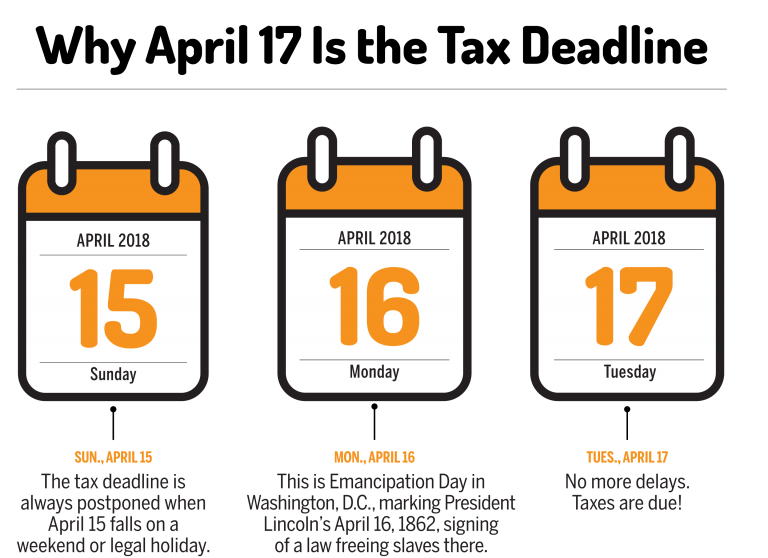Filing taxes can be an overwhelming task, but knowing the key dates and deadlines can help relieve some stress. In this article, we’ll discuss important information you need to know about when you can file your taxes.
Why Filing Taxes is Important
Before diving into the timeline for filing taxes, it’s essential to understand why doing so is important. Filing tax returns allows taxpayers to report their income and expenses from the previous year accurately. This information helps determine how much they owe in taxes or whether they are eligible for a refund.
Who Needs To File Taxes
Not everyone needs to file a tax return each year. The Internal Revenue Service (IRS) has specific criteria for determining who must file taxes based on factors such as age, income level, filing status, and more. Some people who may not be required by law still choose to do so in order to claim deductions or credits that could result in a refund or reduce their overall tax liability.
Here are some common scenarios where individuals may be required by law to file a tax return:
- If you earned more than $12,400 ($24,800 if married filing jointly) in 2020
- If you had self-employed income of $400 or more
- If you received at least $600 from independent contractor work or rental properties
- If your Social Security benefits exceeded certain thresholds
- If you owed any excise taxes on items like alcohol or tobacco products
These are just a few examples of situations where taxpayers would need to file their federal income-tax form with the IRS.
Timeline for Filing Taxes: Key Dates and Deadlines
Now that we have covered why it’s important and who needs to file taxes let’s dive into the timeline for submitting your returns.
January 15th – Estimated Tax Payment Due
If you’re self-employed or have income that wasn’t subject to tax withholding, you might need to make estimated quarterly payments of your tax liability. The due date for the fourth quarter is January 15th as it’s the final payment for the tax year.
February: Gather Your Tax Information
By February, you should have received all relevant tax documents such as W-2s and 1099 forms from employers or payers. You’ll want to start compiling this information in preparation for filing your taxes.
April 15th – Deadline for Filing Taxes
April 15th is undoubtedly one of the most crucial dates in any taxpayer’s calendar —it marks the deadline for filing and paying taxes owed without penalties or interest charges. It’s essential to file by this date even if a balance is due but can not be paid right away; otherwise, late-filing fees may apply.
It’s also possible to obtain an automatic six-month extension until October 15th by submitting Form 4868. This form must be filed with additional funds at that time if there are unpaid balances owed because failure-to-pay fees can still accrue after its submission.
June: Second Quarter Estimated Tax Payment Due
For individuals who require making estimated quarterly payments on their taxable income, they will need to submit a second-quarter estimate by June 15th.
September: Third Quarter Estimated Tax Payment Due
The third-quarter estimated tax payment deadline falls on September 15th each year; self-employed individuals and taxpayers who don’t have enough withheld throughout the year must submit their estimates amounting up until September via regular mail or electronic means like IRS Direct Pay.
Tips for Preparing Taxes
- Begin early: Do not wait until deadlines are near before starting your returns.
- Keep Records Organized: Maintain proper account records as it helps avoid missing critical deductions or credits when preparing returns.
- Seek Professional Assistance If Needed: Often working jointly with a qualified accountant can help maximize tax-savings or ensure proper filing without stress.
Conclusion
Filing taxes might seem daunting, but learning about key dates and deadlines will go a long way in reducing the stress associated with submitting tax returns. Make sure you understand when you’re required to file, keep organized records of income-related documents such as 1099s and W-2s, and if necessary seek professional assistance throughout the preparation process to minimize any errors along the way.
FAQs
Q1. When do I need to file my taxes by each year?
A: The deadline for filing federal income taxes is typically April 15th of each year, unless this falls on a weekend or holiday, in which case it may be moved back a few days. However, if you need more time to file your tax return, you can request an automatic extension until October 15th by filling out Form 4868.
Q2. If I am due a tax refund, when will I receive it?
A: The timing of your tax refund will depend on various factors such as how you filed your return (e-filed or paper filed), the accuracy of your return and whether there are any issues that require further review by the IRS. Generally speaking, taxpayers who e-file their returns and opt for direct deposit can expect to receive their refunds more quickly than those who file on paper or request a mailed check.
Q3. What is the earliest date that I can file my taxes each year?
A: It varies depending on the tax season but generally speaking taxpayers can begin preparing and e-filing their federal income tax returns in late January or early February once they have received all their required documentation such as W-2s from employers and other relevant forms pertaining to deductions etc., however IRS doesn’t start processing returns until near end of January so even if filers submit before hand but those won’t get processed right away
